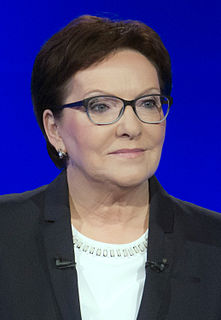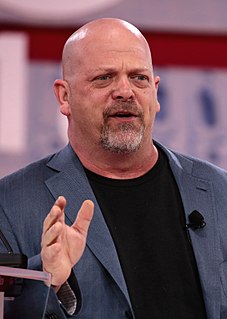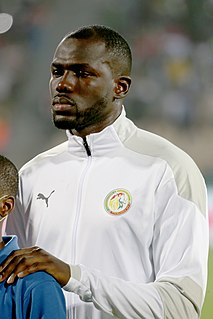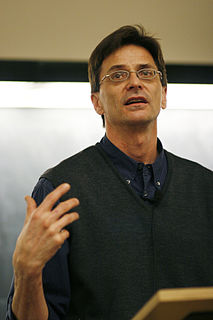A Quote by Ewa Kopacz
A doctor does not ask about political views and opinions - that is how I understand my role.
Quote Topics
Related Quotes
People are always asking, "Is this person in front of me the same on the inside as he or she appears to be on the outside? Is there congruence between what's within that person and the words and actions I'm viewing and hearing externally?" Children ask that about their parents; students ask it about their teachers; parishioners ask it about their pastors and priests; employees ask it about their bosses; and in a democracy, citizens ask it about their political leaders.
Every time I think that political analysts and writers will finally recognize that most of them don't understand much about political polls, they prove me wrong. They don't know how to read them; they don't understand the importance of cross tabs within a given poll, and they don't know how to analyze them.
Sometimes people ask me this question in interviews and it is very difficult to answer. They say, 'Kouli, how does it feel when the fans make these racist howls at you? Does it bother you? What should be done?' I think that until you have lived it, you cannot really understand. It is such an ugly thing, and it is hard to talk about.
I think you have to ask yourself, what is the point of the script? What is the script selling? Because all scripts are political, every story is political. It either challenges or reinforces some schism or stereotype. So what is the project going to say at the end of the day? What does it tell you about the world, or what does it challenge in terms of your world?
We never ask candidates to demonstrate their skill. We ask lots of questions about past experience, but simply looking at the results of their decisions does not let us understand the process that they used to make the choice in the first place. A good analogy is sports. If you wanted to know how well a person plays basketball, for example, you could look at statistics like shooting percentage or blocked shots. But, this is just an historical account of how well the individual played in the past - the numbers do not tell us much about how that individual plays basketball now.


































